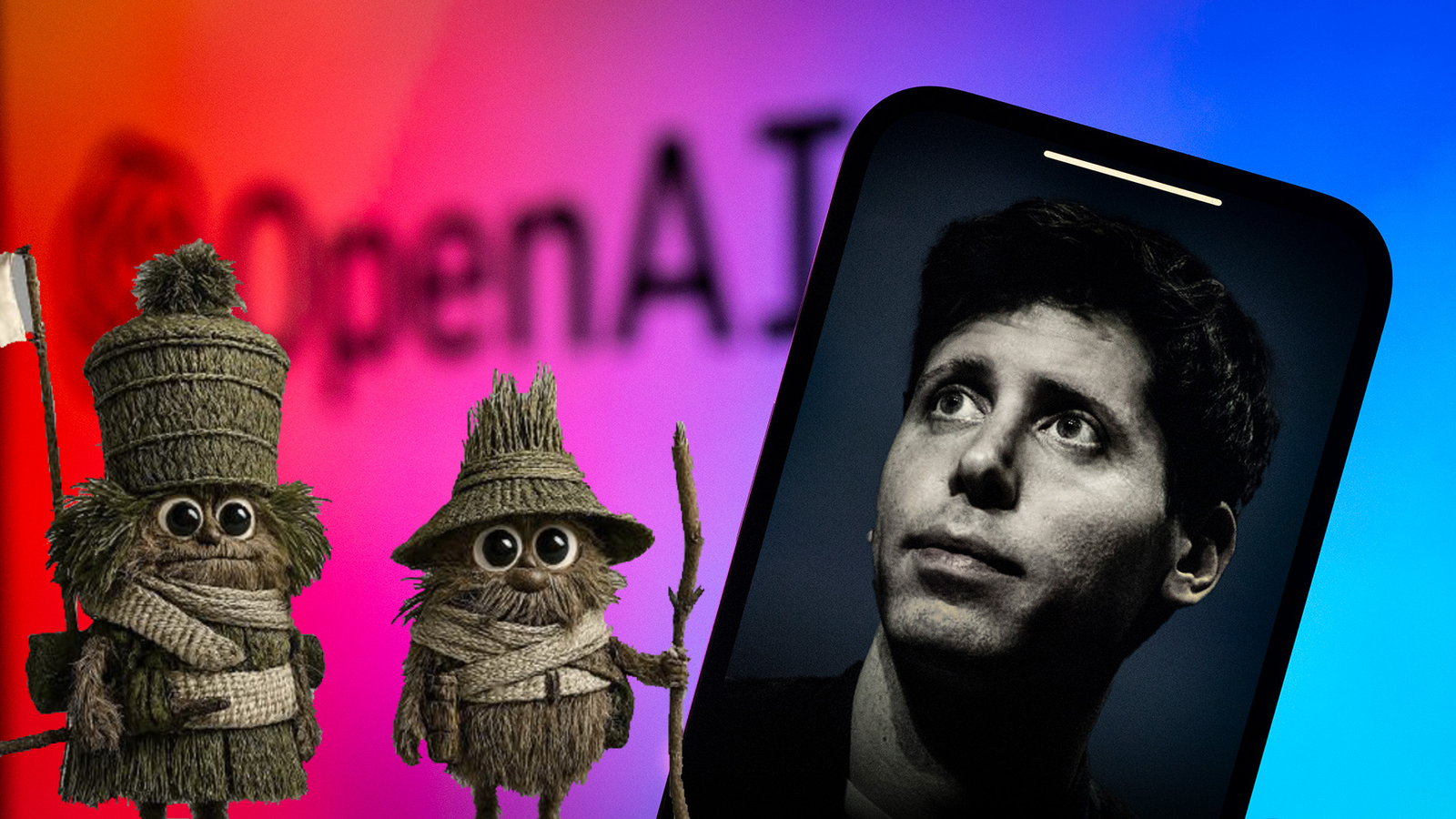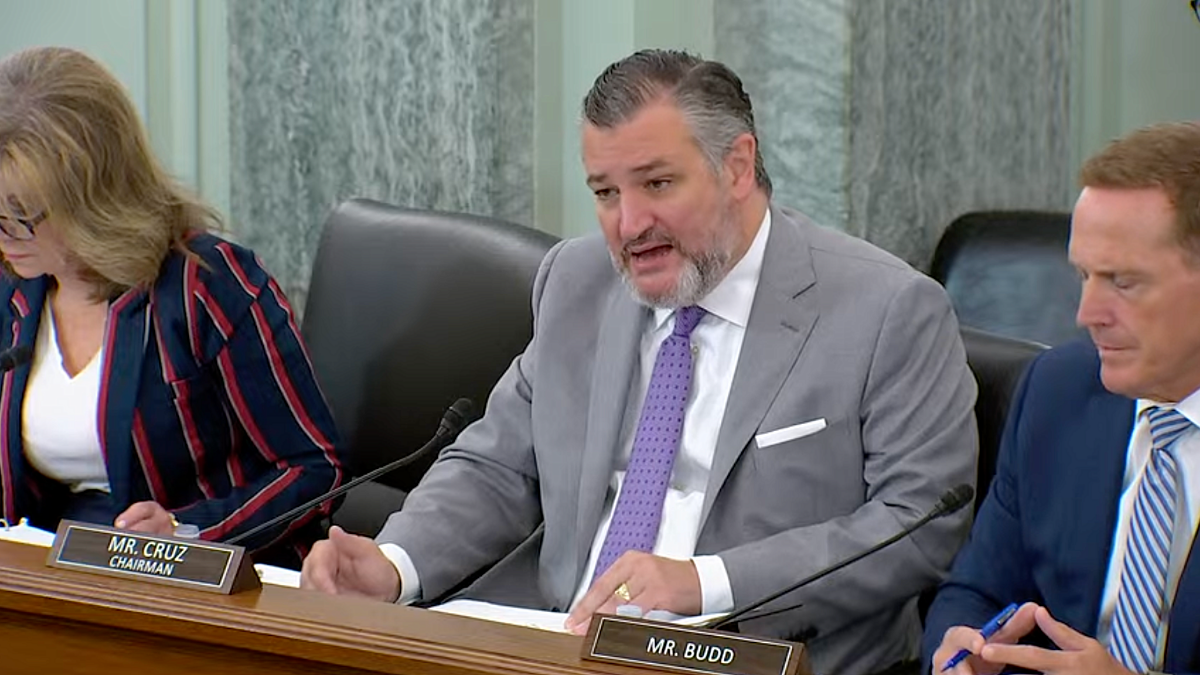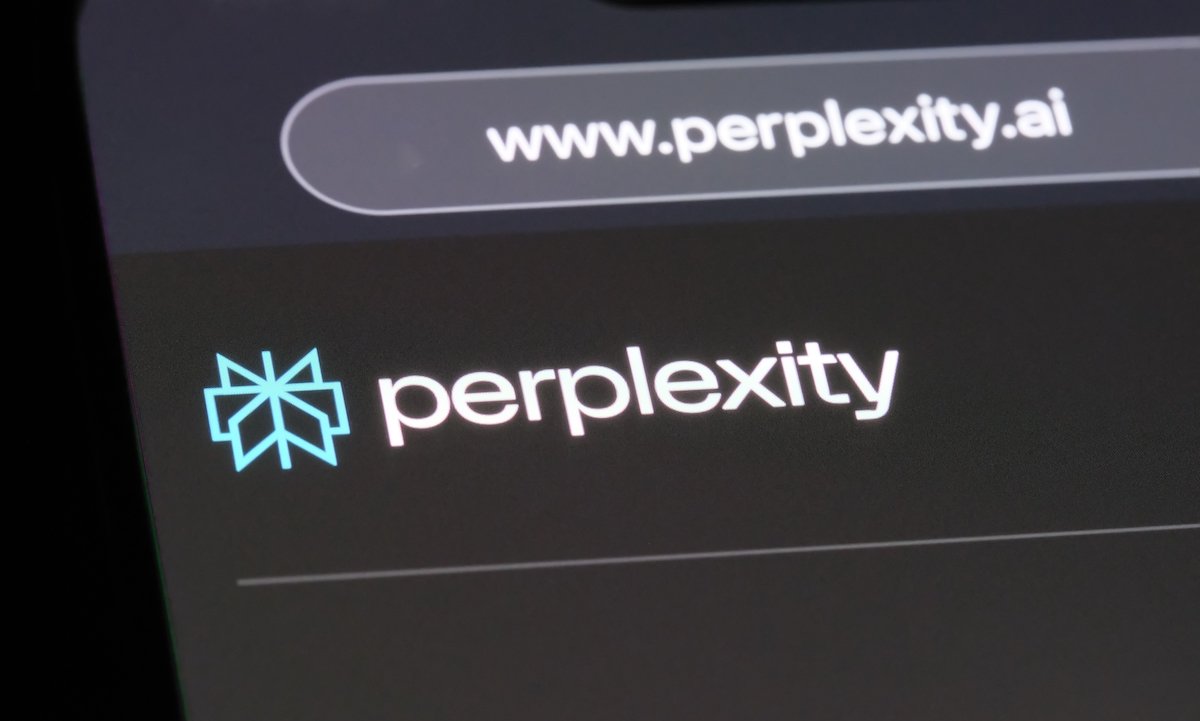Generative AI has sunk its claws into just about everything. Work, hobbies, daily life, and more. It’s even starting to eat Microsoft from the inside, cannibalising jobs to fuel its never-ending push for bigger AI infrastructure, all in the name of “progress,” and all at the cost of real people’s livelihoods. And now, it wants the big screen too.
OpenAI is making a full-blown animated film called Critterz, roping in some surprising talent — including writers who worked on Paddington in Peru (via Wall Street Journal). As someone who adores the charm of Paddington Bear, that’s unsettling.
So, what is Critterz exactly — a glimpse of Hollywood’s future, or the start of a flood of AI slop hitting cinemas? We won’t know until it’s out. But let’s look at what’s known so far and why this could set a dangerously bleak precedent.
What is Critterz, and who’s behind it?
Critterz is a newly announced feature-length animated film created using AI. It’s set to premiere at the Cannes Film Festival in 2026, before heading to cinemas worldwide. It follows a group of woodland animals on an adventure, expanding on a 2023 AI-generated proof-of-concept short.
OpenAI is providing the AI tools behind the project, including GPT-5 and Sora, while Vertigo Films and Native Foreign are partnering on production. Funding is coming from Federation Studios.
More surprising is who’s writing it — James Lamont and Jon Foster, the duo behind Paddington in Peru, which scored 93% with critics on Rotten Tomatoes. Also involved are Chad Nelson from OpenAI and Nik Kleverov from Native Foreign.
Right now, about 30 people are working on the film — far fewer than the hundreds usually needed for a traditional animated feature. It’s currently being positioned as an experiment, testing how far AI can go in reshaping the production process.
How OpenAI plans to rewrite filmmaking with AI
The goal here is to prove that AI can make films faster and cheaper (via Vertigo) — sigh, how dystopian.
The plan is to cut production time from the usual three years down to just nine months, and shrink budgets from the hundreds of millions to around $30 million. That’s what this so-called “experiment” is set to cost.
It’s being pitched as a test of what AI is capable of, but I can’t help feeling uneasy about it, especially if it succeeds.
If successful, we’re likely entering an age where people start losing jobs in a creative field, a field I don’t think AI should be taking away from. AI should be helping with the boring, repetitive tasks, not replacing the creative process entirely. That’s what worries me about this whole endeavour.
The cost-cutting experiment threatening human creatives

Critterz is being made by a surprisingly small team, challenging the norms of animated filmmaking, where projects usually involve hundreds of people. If it succeeds, it raises serious questions about what that could mean for jobs across animation, VFX, and other creative fields.
Unions like SAG-AFTRA and the Writers Guild of America have long protected wages, credits, job roles, and working conditions. But bringing AI into the mix could blur those boundaries, weaken bargaining power, and undermine protections that took decades to secure.
It’s not hard to imagine small AI-driven teams popping up outside union rules, making it harder to enforce standards or safeguard jobs. That risk is difficult to ignore, and it’s not out of the realm of possibility that major studios see AI as a way to sidestep creative labour entirely, which threatens job security and artistic standards in the process.
I think I’ve made my stance clear, but I’d genuinely be interested to hear what others think. AI can be an incredible tool, but it’s also becoming a worrying presence in people’s lives, with job loss looming over many. Even Microsoft, while not involved in this project, has been pushing AI deeper into its workflows and forcing employees to adopt it — whether they want to or not.























